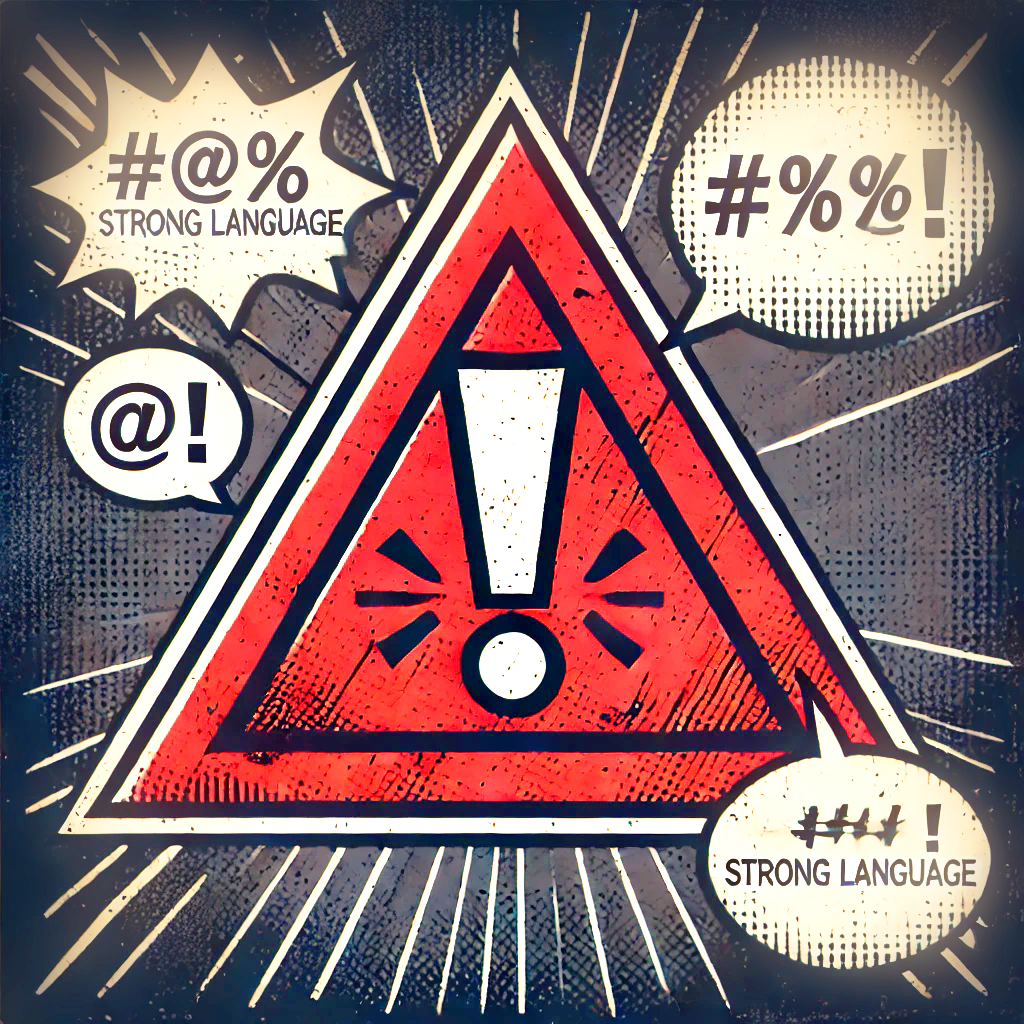Ah, the liberation that follows shedding faith—it’s like stepping out of a musty, candle-lit cathedral into the open air of a sun-drenched garden, where the colors are vivid, the air is crisp, and every breath fills the lungs with fresh possibility. Breaking free from faith can feel precisely like that—a thrilling plunge into the vast expanse of intellectual freedom, where the world is full of questions and the search for answers is boundless.
Now, before anyone readies the pulpit for a sermon on the pitfalls of apostasy, let me clarify: this isn’t a swipe at those who find meaning and comfort in religion. If the structure and tradition of faith serve you well, by all means, sing your hymns with gusto! But for many, there comes a time when the confines of dogma start to feel a bit… snug. When that time arrives, it can spark a transformation like no other.
Leaving faith can be as profound as a caterpillar’s metamorphosis—a journey that takes us inward and pulls us outward, leaving us resplendent in our own autonomy. And one of the first gifts on this journey is the awakening of critical thought. Freed from the constraints of prescribed beliefs, people often discover the thrill of questioning, examining, and scrutinizing the world with the clarity of reason. Ideas that once felt untouchable are no longer cloaked in mystery but instead open to analysis. The world, no longer veiled by religious filters, becomes a tapestry of ideas to explore.
This newfound freedom of thought often prompts us to reassess our values, too. What truly matters? Is life best lived adhering to a creed handed down over millennia, or in the active pursuit of knowledge, kindness, and progress? Many find their moral compass not only intact but perhaps even more finely attuned when guided by empathy, reason, and a genuine desire to make the world a better place.
Then there’s the joy of claiming self-ownership. No longer bound by doctrines or institutions, people can carve out their identities, define their values, and pursue their aspirations without the weight of external judgment. This autonomy brings a certain exhilaration—a freedom to live authentically and craft a life aligned with one’s inner compass, a life where fulfillment is self-defined.
Of course, the journey out of faith isn’t always easy. It can be disorienting, even a touch terrifying, like setting out on the open sea without a familiar star to guide you. There will likely be times of doubt, periods of searching, and those existential questions that might once have been answered for you. But in this openness lies an incredible strength: resilience, self-trust, and a deepened sense of curiosity.
And as the ash settles, from faith emerges a resilience that feels unshakable. There’s a joy in standing on your own two feet, meeting the world as it is—no filters, no guarantees, no easy answers. And in this grounded stance, there’s a certain gratitude for the sheer beauty of life itself, for the moments that connect us to one another, and for the earth that sustains us.
So, to anyone who finds themselves wrestling with questions of faith, I say, lean into the journey. Embrace the path of transformation. You may find yourself, like the phoenix, rising from the ashes of faith renewed, empowered, and ready to soar into new heights of self-discovery and understanding.
And remember, a sprinkle of humor never hurts. Life, even without a promised paradise, is still an awe-inspiring spectacle. After all, isn’t it a delight to find joy, meaning, and a bit of cheek along the way? Cheers to the journey!



Leave a Reply